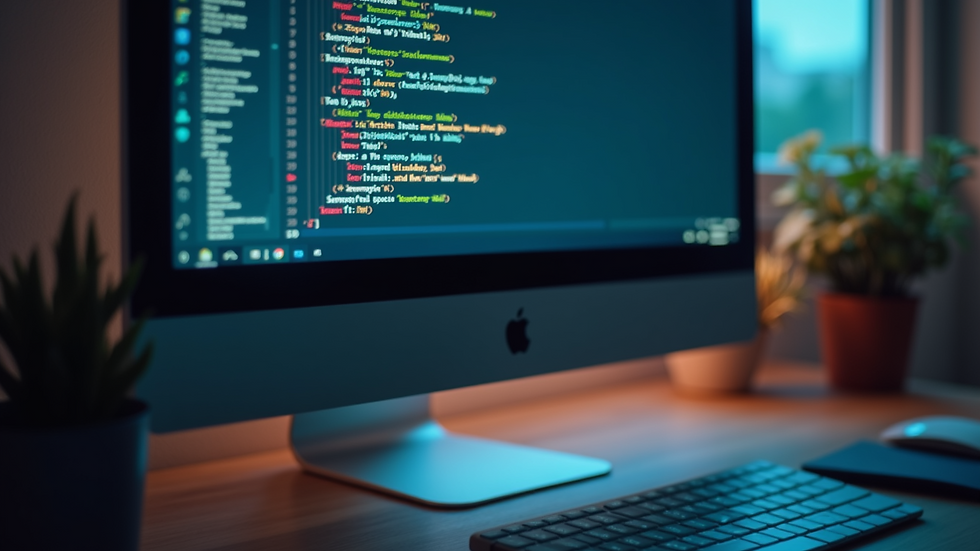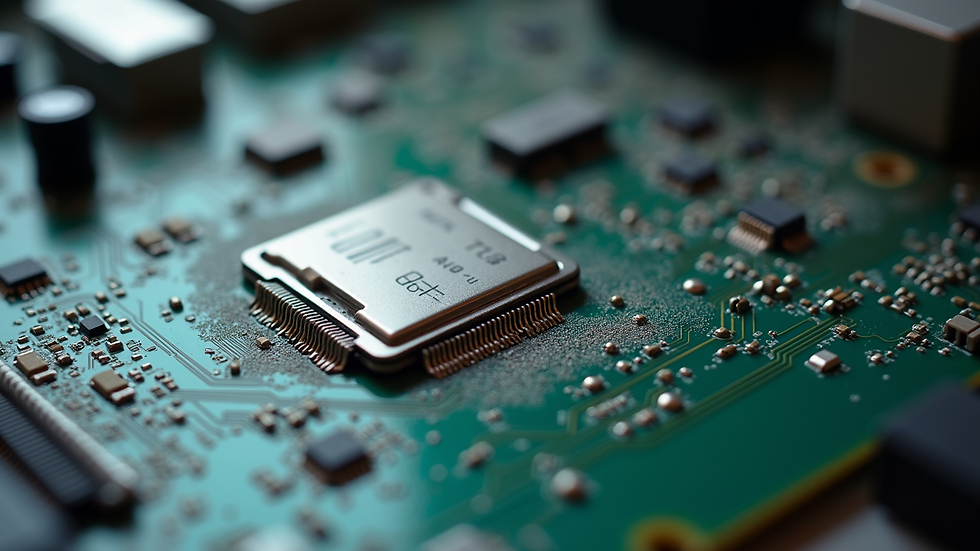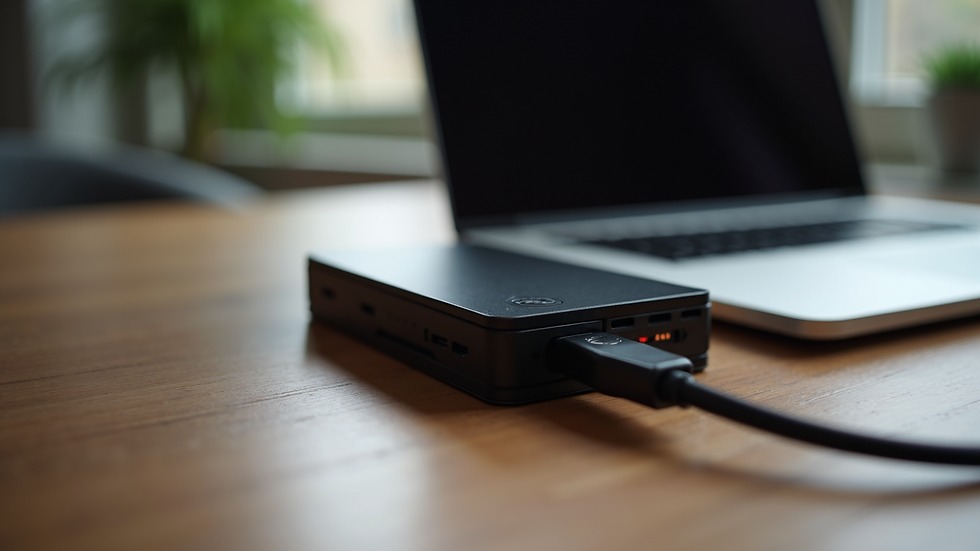How to Maintain Your Computer for Long-Term Use
- Jul 21, 2025
- 3 min read
Computers have become essential tools in our lives, aiding productivity, creativity, and communication. However, like any piece of technology, they require regular maintenance to function optimally over time. This blog post will guide you through effective strategies to keep your computer in excellent condition for long-term use.
Understanding Computer Maintenance
Computer maintenance refers to a set of practices designed to keep your system clean, efficient, and operating without issues. This process includes both hardware and software maintenance. Regular upkeep can significantly extend your computer's lifespan and enhance its performance. With increasing dependability on computers, learning how to care for them is crucial.
A common misconception is that maintenance requires advanced technical skills. However, many maintenance tasks are simple and can be accomplished by anyone. Let's explore essential maintenance activities that can ensure your computer runs smoothly.
Tips for Routine Computer Maintenance
1. Regularly Update Software and Operating Systems
Keeping your software and operating systems up to date is fundamental to computer maintenance. Updates often contain important security patches that protect your system from vulnerabilities. They can also improve performance and fix bugs.
Make it a habit to check for updates weekly. Most operating systems allow you to set automatic updates to ensure you never miss crucial patches.

2. Implement a Robust Antivirus Strategy
Viruses and malware can slow down your computer and compromise your data. Installing a reliable antivirus program is a critical step in safeguarding your computer. Regularly run scans and keep the antivirus software updated.
In addition to this, practice safe browsing habits. Avoid clicking on suspicious links or downloading unverified software, as these are common sources of malware infections.
3. Clean Your Computer Physically
Physical dust and dirt can clog fans and vents, leading to overheating and performance issues. Cleaning your computer regularly is a straightforward yet crucial aspect of maintenance. Use a can of compressed air to blow out dust from inside the case, especially around the fans and vents.
Ensure your computer is powered off and unplugged during the cleaning process to prevent accidents.

4. Manage Your Storage
Over time, computers can accumulate unnecessary files, leading to storage overload. To prevent this, periodically review your storage and delete files and applications you no longer need.
Consider using built-in disk clean-up tools that come with your operating system. These tools can automatically identify and remove temporary files and empty your recycle bin.
Additionally, using an external hard drive for backups helps free up space and secures your data.
How much should it cost to repair a computer?
When issues arise, knowing how much repairs might cost is vital. Repair costs can vary wildly depending on the problem, the components involved, and whether you opt for a professional service or DIY fixes.
Basic software issues often range between $50 - $100 if you hire a professional.
Hardware repairs can be more expensive. For example, replacing a hard drive or motherboard can range from $200 - $600 or more.
It’s always a good idea to get quotes from different service providers before choosing a repair service. For reliable help, consider exploring a computer repair service that suits your needs.
Regular Backups: An Essential Habit
Regardless of how well you maintain your computer, hardware failure can happen. Therefore, regular backups are essential. Consider using cloud storage services or an external hard drive to back up your essential files frequently.
Set a reminder to back up your data at least once a month. This simple habit can save you from losing valuable information due to unexpected issues.

Monitor System Performance
Monitoring your computer’s performance can help you catch potential issues early. Use built-in performance monitoring tools to track CPU usage, memory usage, and disk space. If you notice consistent high levels in any of these areas, it could indicate a problem that needs addressing.
Moreover, regularly reviewing your application usage can help you identify any apps that are consuming more resources than necessary. By uninstalling or replacing such apps, you can enhance your computer's overall performance.
Conclusion
Maintaining your computer for long-term use requires a combination of regular software updates, physical cleaning, efficient storage management, and the establishment of safe browsing habits. Being proactive and following these guidelines can help you extend your computer's lifespan and enhance its performance.
By creating a routine and staying informed about common maintenance practices, you'll be ensuring that your computer remains a reliable tool for many years to come. Embrace these simple strategies, and reap the rewards of a well-maintained computer!




Comments